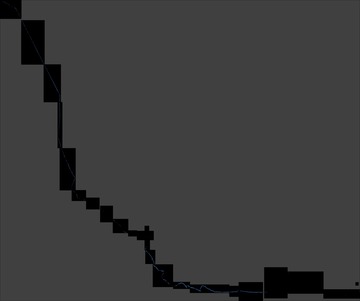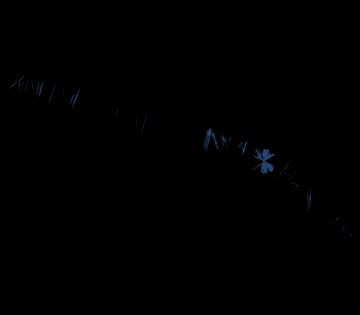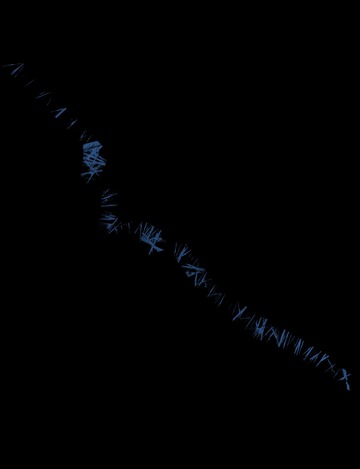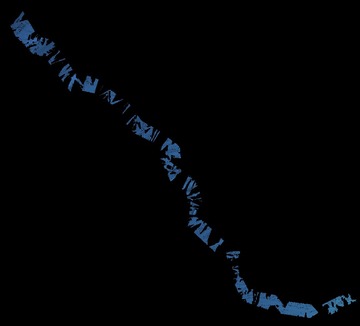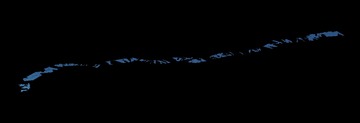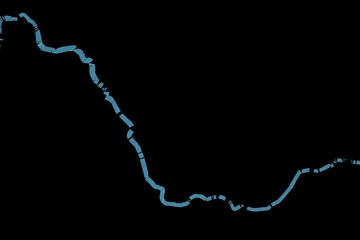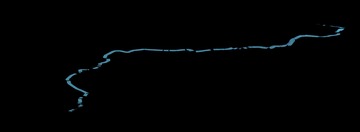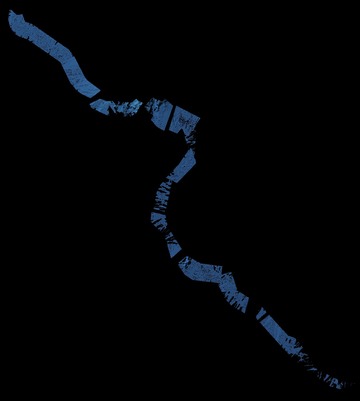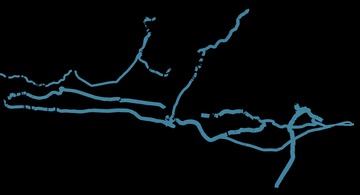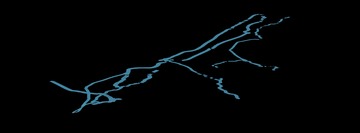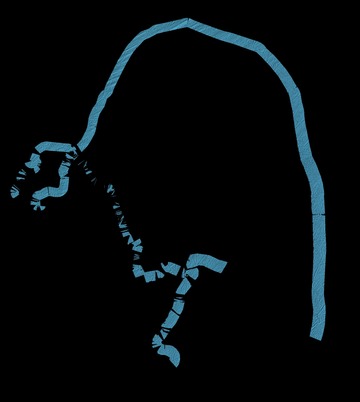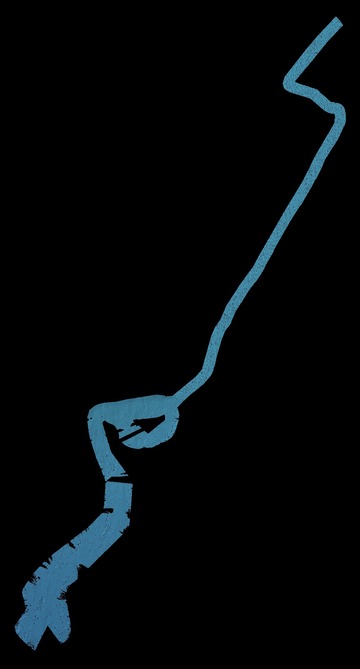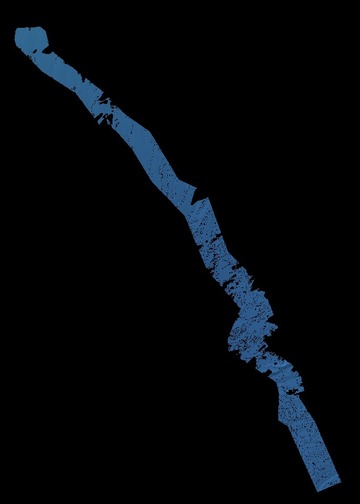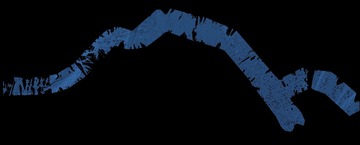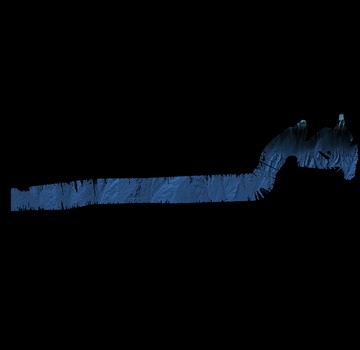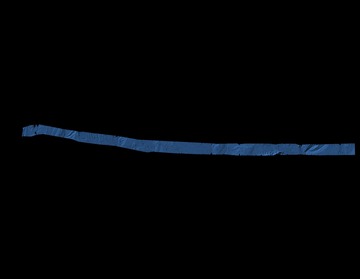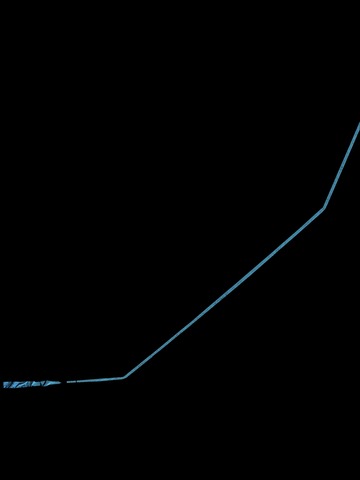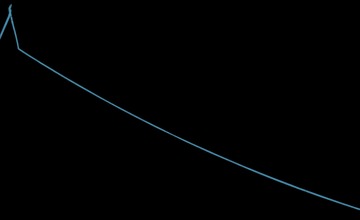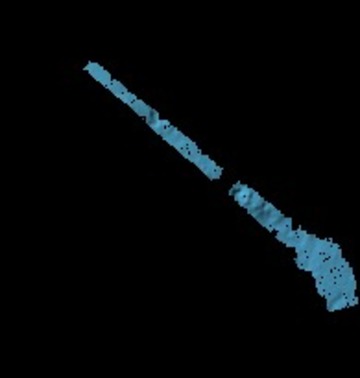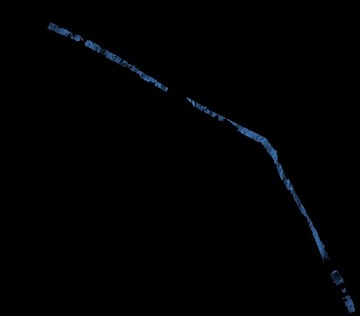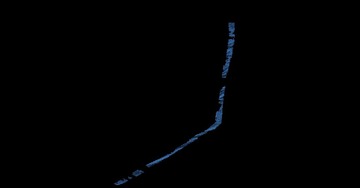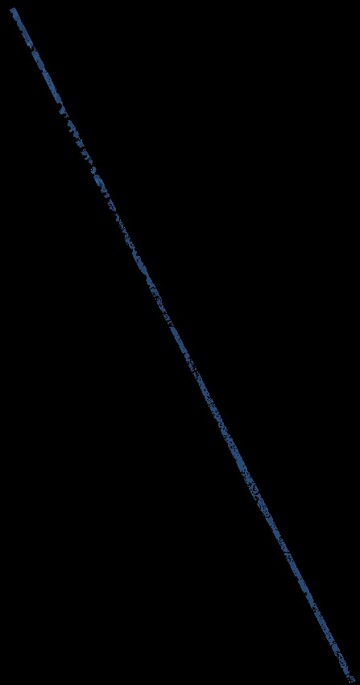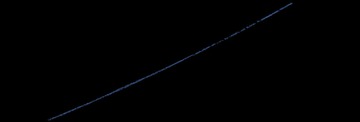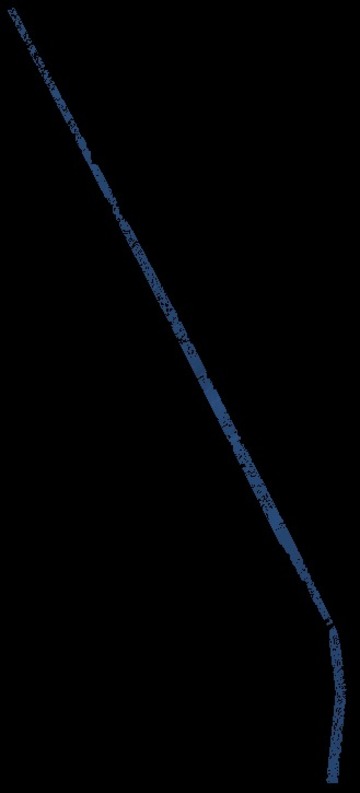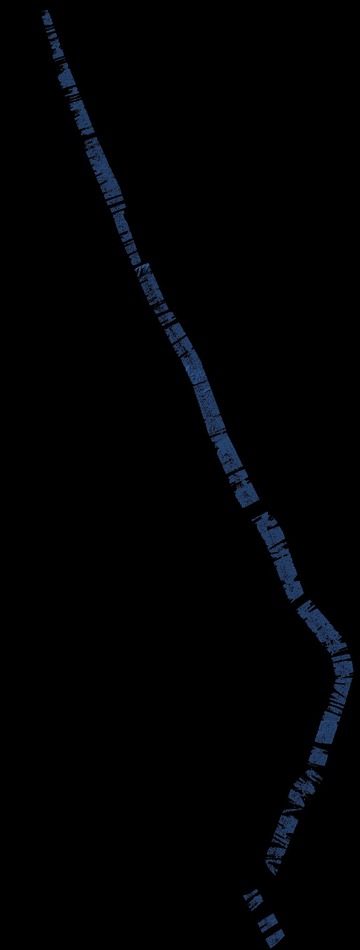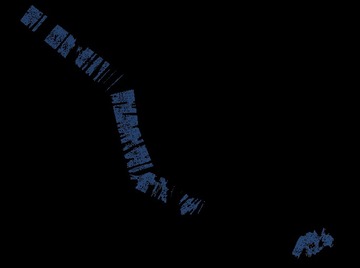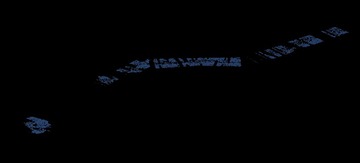Citation
Björn Eriksson (2021) High-resolution bathymetry data from expedition OSO, Southern Ocean, 2010–2011. Dataset version 1. Bolin Centre Database. https://doi.org/10.17043/oden-oso-2010-2011-bathymetry-1
Data
Data description
The bathymetric data are provided as processed grids, divided into survey areas, with a grid cell size of 20 – 500 m. The grids are provided both in polar stereographic projection (Antarctic Polar Stereographic, EPSG 3031, true scale at 71° south) and in geographic coordinates (WGS 84, latitude and longitude). The horizontal datum is WGS 84 and the vertical datum is instantaneous sea level, implying that the vertical level has not been corrected for tides. For each projection, the bathymetric data grids are available in four formats: GeoTiff, netCDF, ASCII XYZ and ESRI Arc ASCII grid. Data are also illustrated as JPEG images.
Comments
The data were acquired in austral summer 2010/11 from Swedish icebreaker (IB) Oden during the OSO 2010/11 expedition. A Kongsberg EM122 1° × 1°, 12 kHz, multibeam echo-sounder was hull-mounted in IB Oden. Position, heading and attitude data were received from a Kongsberg-Seatex Seapath 320 navigation unit (GPS and GLONASS) with attached MRU5 motion sensor. The exact speed of sound at the multibeam transducers was provided by a Valeport Mini SVS/T sound speed and temperature sensor mounted in the sea-chest in Oden’s hull, close to the multibeam transducer arrays. This was interfaced with the multibeam system directly. In addition, sound speed profiles for the entire water column were provided by CTD (Conductivity, Temperature, Depth) stations as well as XBT (Expendable Bathy Thermograph) probes.
The data were collected in a mixture of sea-ice conditions, ranging from 5/10 to 8/10 coverage. Navigation was provided by a Seatex Seapath 320 without local augmentation as this is not available in the area. Sound speed correction was done regularly using data from a Seabird 911+ CTD (conductivity, temperature depth) or Valeport SVP (sound velocity profiler).
The OSO 2010/11 expedition started in Punta Arenas, Chile, and ended in McMurdo Station, Antarctica, and lasted from December 8, 2010, to January 16, 2011. This expedition to the Amundsen Sea in Antarctica was a coordinated jointly by the US National Science Foundation (NSF), the Swedish Polar Research Secretariat, and the Swedish Research Council. This was a two-ship expedition, and a rendezvous with R/V Nathaniel B. Palmer permitted the transfer of equipment and scientists.
Contact information
Email address
[javascript protected email address]Phone number
+46-8-164719
Postal address
Martin Jakobsson
Department of Geological Sciences
Stockholm University
SE-106 91 Stockholm
Sweden
GCMD science keywords
Earth science > Oceans > Bathymetry/seafloor topography > Bathymetry
GCMD location
Ocean > Southern Ocean
Status
Completed
Dataset language
English
Project
Oden Southern Ocean (OSO) 2010/11 expedition
Publisher
Bolin Centre Database
Begin date
2010-12-08
End date
2011-01-16
Dataset version
1
DOI
10.17043/oden-oso-2010-2011-bathymetry-1
Published
2021-11-04 15:12:54
